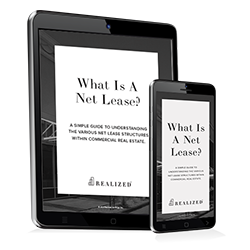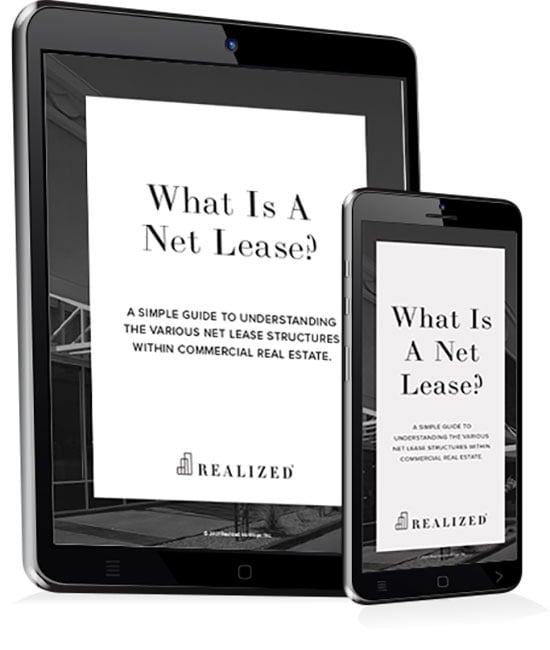
A triple net lease (NNN) benefits commercial landlords by reducing the potential risk that comes with a commercial lease. The triple net lease is a lease agreement between a tenant and landlord where the tenant agrees to pay all of the expenses of the property. These expenses include property taxes, property insurance, and maintenance, in addition to rent and utilities.
Rent is usually lower with a net lease than a traditional lease due to the financial responsibilities of the tenant, and triple net leases are long-term agreements lasting for 10 or more years with rent increases. Here are some of the NNN basics and why commercial landlords may insist on the triple net lease agreement.
The Basics of a Triple Net Lease
A triple net lease can be used for commercial buildings with a single or multiple tenants. What tenants can expect to pay on a single property fluctuates from year to year, with maintenance being the most unpredictable expense. Here are some of the expenses a tenant is generally expected to pay in a triple net lease agreement:
- Rent: Tenants pay a predetermined amount each month to the commercial landlord.
- Property taxes: The tenant assumes responsibility for annual property taxes.
- Insurance: The tenant must pay property insurance, which usually includes property and casualty insurance and commercial general liability insurance. The landlord may need to be listed on the insurance policy as well and might share some of that responsibility.
- Building maintenance: Maintenance responsibilities vary but includes the cost of operating the property and day-to-day activities. The landlord is in charge of major roof repairs and other structural repairs.
- Utilities: Tenants pay metered utilities based on usage.
Commercial landlords are responsible for structural repairs in a triple net lease. In an absolute triple net lease, this would fall under the responsibility of the tenant.
Benefits of a Triple Net Lease
A triple net lease can be very beneficial for the commercial landlord. Most of the expenses associated with owning property are passed to the tenant and the landlord has reduced property duties. This makes it a fairly low-risk investment with tax benefits and a consistent, long-term stream of income for commercial real estate investors and property owners.
Tenants can benefit from a lower rental rate than a traditional lease. Tenants can also take advantage of successful properties with multiple lessees as the expenses are spread out among several tenants. If the property is newer or well maintained, the cost of maintenance is generally lower. A triple net lease can also be used as leverage in lease negotiations with a commercial landlord to lower the monthly rate even more.
Potential Risks of a Triple Net Lease
Although there are plenty of benefits to a triple net lease, there’s potential risk for the landlord and the tenant. Once the lease is signed, if property value in the area increases, landlords cannot raise the tenant’s rent. This limits the commercial landlord’s earning potential. There’s also the risk that the tenant may default and vacate the property.
The biggest possible risk to the lessee is the unknown. Things can break or go wrong that the tenant must fix and then foot the bill. Tax liabilities can also add an extra financial burden to the tenant. Because the lessee is responsible for property taxes, that also means fines and penalties for incorrect or late tax remittance.
The triple net lease does favor commercial landlords but that doesn’t mean the lessee can’t negotiate terms in the lease agreement. Do your research on potential properties and if a commercial landlord insists on a triple net lease agreement, make sure to leverage your advantages in lease negotiations.



